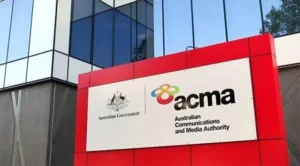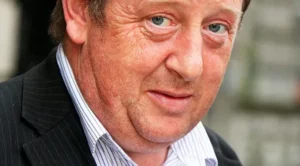 Safe and responsible gambling is apparently not among the priorities of the UK’s top gambling operators’ marketing campaigns, a new study suggests. Only 1.6 per cent of companies’ Tweets promote safe gambling, researchers at Northumbria University say.
Safe and responsible gambling is apparently not among the priorities of the UK’s top gambling operators’ marketing campaigns, a new study suggests. Only 1.6 per cent of companies’ Tweets promote safe gambling, researchers at Northumbria University say.
The study, which looks at the online messages of some of the largest gambling companies in the United Kingdom, reveals that operators are giving “very little attention” to responsible gambling and safety in their marketing. The report will be presented today to the British Psychological Society annual conference in Harrogate and researchers hope that the results would be used to influence future gambling policies.
To conduct the study, postgraduate researchers at the Northumbria University looked at the Twitter accounts of the 40 highest-grossing British gambling operators. They selected the five companies with the most followers on the Internet – bet365, Paddy Power, William Hill, Coral, and SkyBet. In addition, they also checked the Tweets of these companies’ affiliates. These are third-party firms and websites that are paid to attract new customers and promote gambling operators online.
The findings of this review are disheartening considering the rapidly increasing rates of problem gambling in the UK. According to the figures, only one in every 100 messages (around 1.6%) by betting companies on Twitter promoted safe gambling. Affiliates focused on safety and responsible gambling even less – researchers found only one betting affiliate who posted a Tweet that referred to responsible gambling.
The results of the study are alarming as they demonstrate gambling operators’ failure to be more active in communicating the dangers of gambling with their customers online. According to the latest statistics, around 0.7 per cent of all adults in Great Britain are classified as problem gamblers.
Need for More Online Marketing Regulation
 The UK has introduced various restrictions regarding the advertising of gambling and betting activities in the past few years. However, the majority of rules govern TV advertising, whereas online adverts and third-party marketing of gambling products see much less regulation. The findings in Northumbria University’s research paper suggest that the current policies should be changed.
The UK has introduced various restrictions regarding the advertising of gambling and betting activities in the past few years. However, the majority of rules govern TV advertising, whereas online adverts and third-party marketing of gambling products see much less regulation. The findings in Northumbria University’s research paper suggest that the current policies should be changed.
Commenting on the new study, postgraduate researcher Scott Houghton explained that the largest gambling sector in the UK right now is online gambling. Apparently, the easy access to gambling products online plays a major role in the popularity of this industry but another reason why Internet gambling is so huge is the “sheer scale” of marketing by betting operators, Houghton says.
Interestingly, gambling affiliates were found to be using social media much more aggressively for direct advertising than the operators themselves. According to the researchers, nearly two-thirds of their Tweets could be classified as direct advertising or betting assistance.
The study reveals an even more alarming trend, however – there were no age restrictions regarding the access to the accounts and posts of betting affiliates. This means that underage individuals could have been directly exposed to their social media messages, most of which were, as we have already said, direct adverts of gambling and betting products and activities.
- Author


